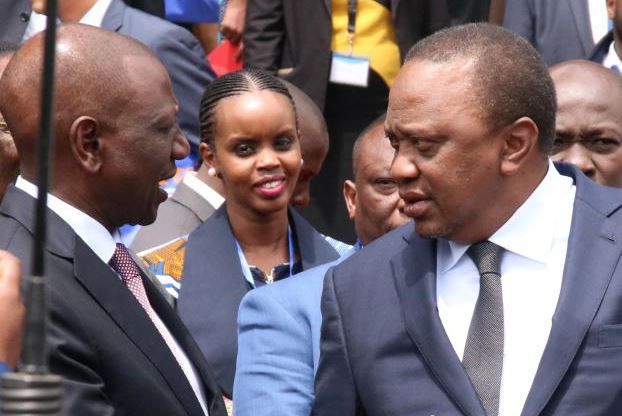
As coronavirus wreaked havoc and turned life upside down, a political pandemic running parallel to it was eating away the little trust left between the two men at the apex of Kenya’s political hierarchy.
The year 2020, now five days shy of being dumped, was undoubtedly a political annus horribilis for the once united “dynamic duo” of President Uhuru Kenyatta and Deputy President William Ruto. The facade of their camaraderie that had been sustained by the officialdom for years, began to make way for the ugly truth of a relationship long gone sour.